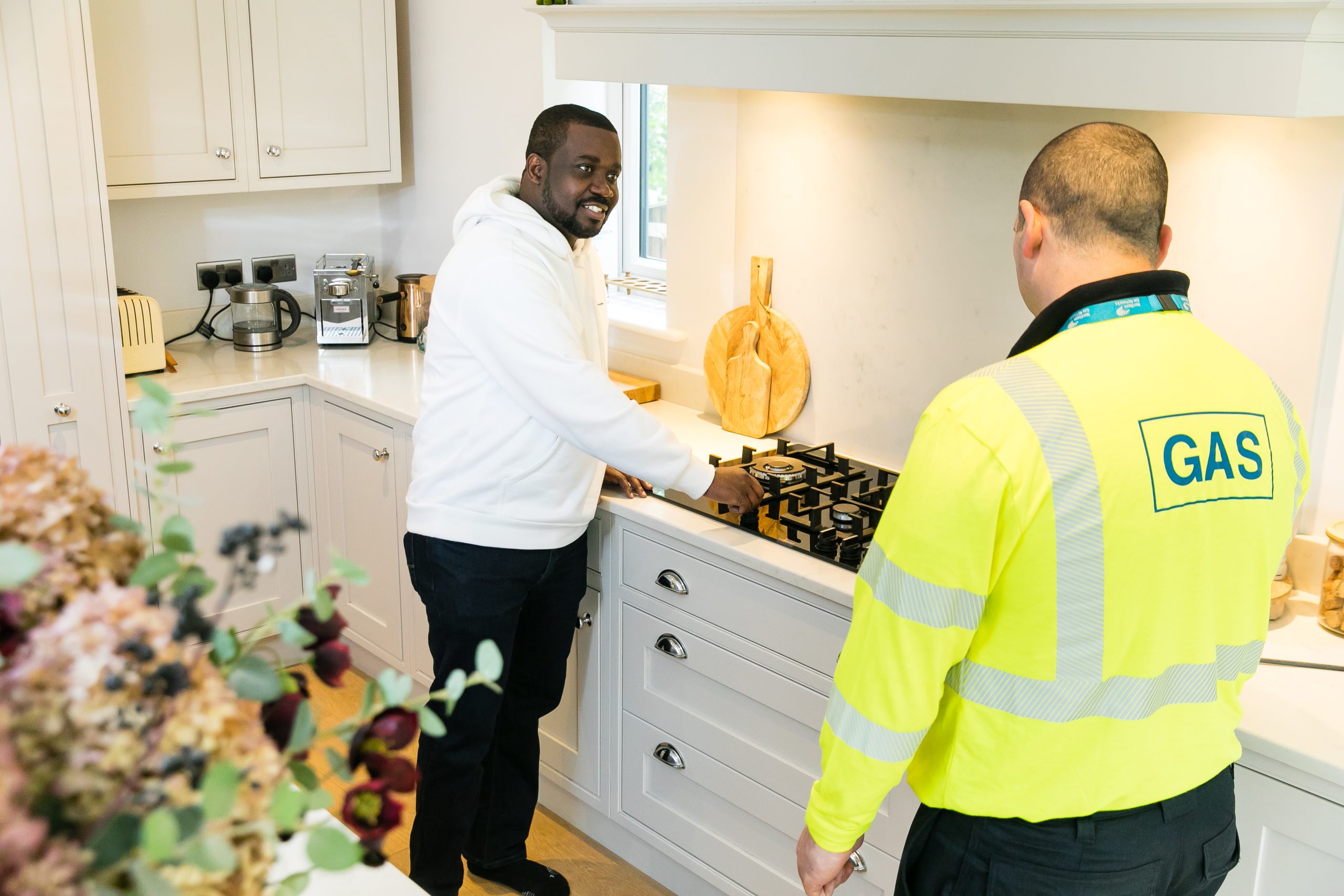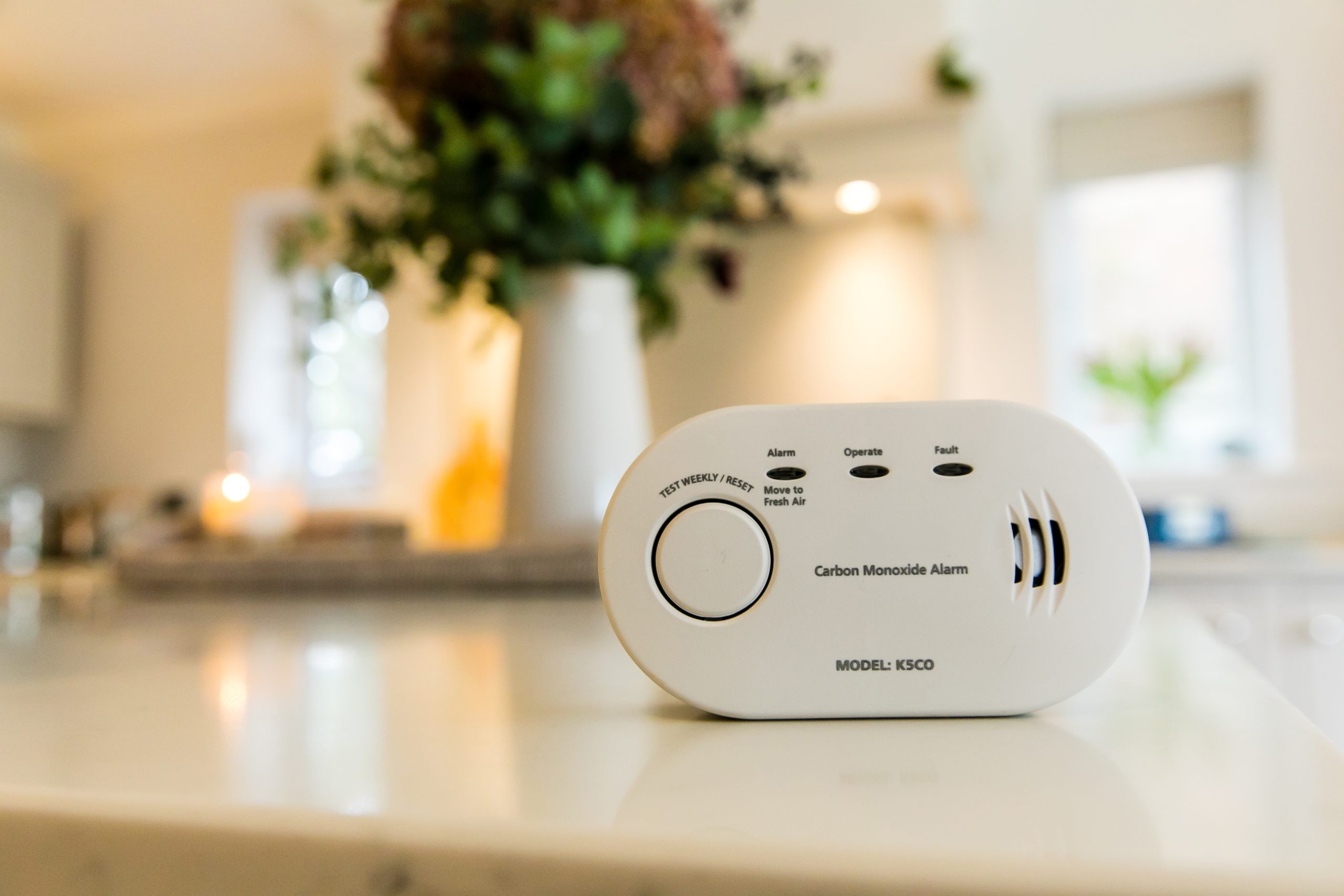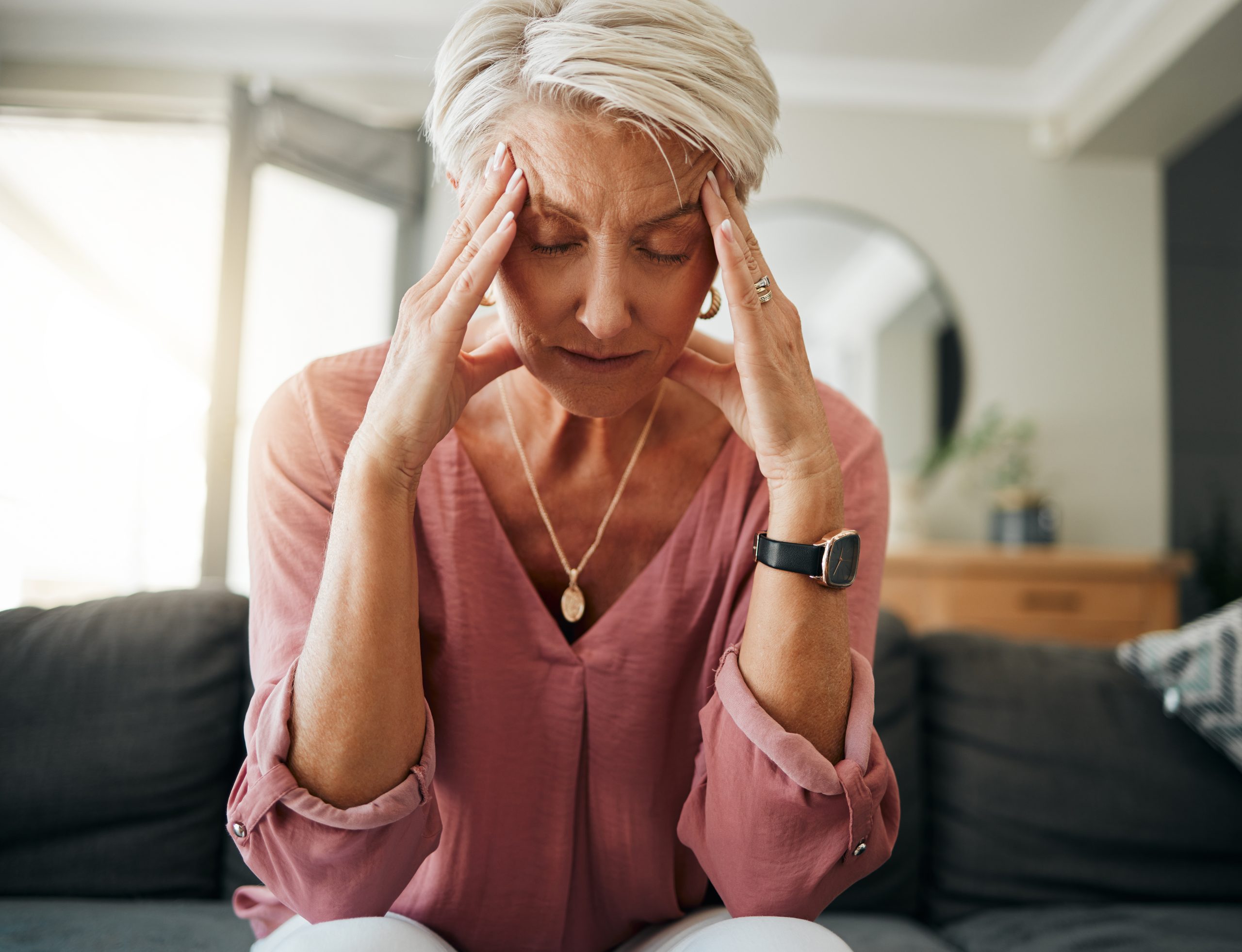Ummay Alam was seven months pregnant when she went for a routine checkup with her midwife.
While carrying out the standard blow test, which is designed to detect whether carbon monoxide (also known as CO) is present in a patient, Ummay was shocked and alarmed when the reading came back as level 6 – a red flag that the patient is at risk of carbon monoxide poisoning.
She said: “I couldn’t believe it. At my previous midwife appointments, my results had always been level 1. Up to level 3 is fine, anything between 4 and 9 is cause for concern, and anything above 9 is considered dangerous. To be at level 6 was a shock as we get our boiler serviced every year and the only other gas appliance in the house is a cooker.”
Following advice from her midwife, Ummay’s husband contacted Northern Gas Networks and we came out the same day to carry out a full assessment on the property. The Gas safe registered engineer confirmed that the gas cooker was omitting CO.
Ummay adds: “Stupidly we didn’t have a carbon monoxide alarm fitted in the house as we never thought things like this happened. It’s been a real wake up call. Our cooker is only five years old; we bought it when we moved into the house, but looking back we had had problems with it cutting out for the past year or so and even had engineers out to look at it who didn’t spot any signs. We didn’t think anything of it.
“I was kind of aware of the symptoms of carbon monoxide poisoning, but I’d never have put two and two together as I was heavily pregnant at the time and a lot of the symptoms – nausea, fatigue, headaches – are all similar. I am so glad the midwife picked it up.”
Being pregnant meant Ummay was eligible for the Priority Services Register and qualified for to have her cooker repaired with new parts, free of charge. “Saving that money was really helpful with an impending newborn, and Northern Gas Networks came to the rescue within just a few days.”
Ummay and husband Mishbah welcomed their first child, daughter Yaseerah, in September 2024.













